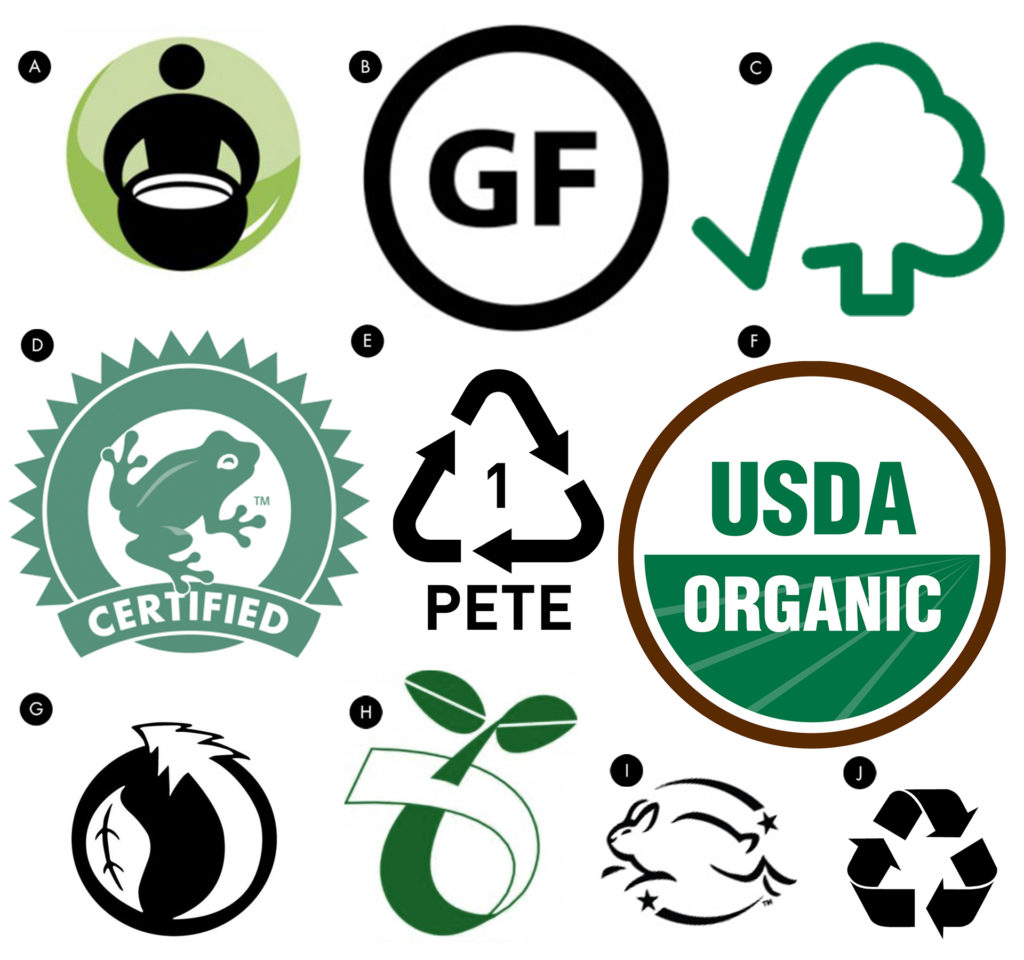Have you done something nice for your planet today? It’s Earth Day.
Since the first Earth Day was celebrated in 1970, many positive environmental protection victories have occurred. We have phased out cancer-causing asbestos, took the lead out of gasoline, banned toxic DDT and PCBs, cleaned up waterways enough so that rivers don’t spontaneously burst into flames, made progress plugging the ozone hole, saved the bald eagle and the black-footed ferret from extinction, instituted measures to design “green” buildings, among other positive achievements.
Despite these noteworthy improvements, the earth is not in the clear. Human use of fossil fuels have largely caused carbon dioxide levels to rise by 46 percent in the last century. Higher atmospheric temperatures are causing the polar ice cap to melt and sea levels to rise. The earth’s glaciers are losing up to 390 billion tons of ice and snow a year. Nearly 100 billion plastic bags are used in America every year. The world’s scientists say that there is a 99.9999% chance that humans are the cause of climate change.
Many industry watchdog agencies are taking action and certifying products and companies that follow responsible environmental practices, acknowledged their efforts by giving them the right to display “seal of approval” labels on their products. Today there are literally hundreds of green product certification labels in the U.S. alone. This little quiz challenges your knowledge of a few of them.

A. Fair Trade Certified
This label can be found on honey, tea, chocolate, coffee, nuts, and grains. It certifies that the product was produced sustainably and fairly, benefiting the farmers and workers involved in its production
B. Certified Gluten-Free
This logo, created by the Gluten Free Certification Organization (GFCO), verifies that the food within the package contains no traces of gluten and that the product was not exposed to cross-contamination.
C. Paper, card and wood
The Forest Stewardship Council (FSC) logo identifies wood-based products from well managed forests independently certified in accordance with the rules of the FSC.
D. Rainforest Alliance Certified
This label, created by The Rainforest Alliance, can be found on coffee, tea, chocolate, and fruit juice, among other products. It ensures that the products were produced sustainably, with the smallest possible impact on the environment.
E. PETE
This type of plastic is made from polyethylene terephthalate (PETE or PET). Some of the most common plastic items are made from PETE or PET, making it easy to recycle as many recycling facilities accept this resin type.
F. USDA Organic
Produced by the USDA’s National Organic Program, this label represents the regulations and standards for products that are labeled as being produced organically. The products must have been produced in an environment that promotes sustainability where no synthetic fertilizers, irradiation, and/or genetic engineering is present.
G. ASTM D6400
ASTM D6400 covers plastics and products made from plastics that are designed to be composted in municipal and industrial aerobic composting facilities. This specification is intended to establish the requirements for labeling of materials and products, including packaging made from plastics, as “compostable in municipal and industrial composting facilities.” The properties in this specification are those required to determine if plastics and products made from plastics will compost satisfactorily, including biodegrading at a rate comparable to known compostable materials. The BPI Logo now contains a unique certification number in the lower right corner, allowing you to identify the manufacturer or distributor of an approved product.
CHECK LOCALLY: Not all communities have composters and not all accept pet waste.
DO NOT compost in home or garden compost piles or devices.
H. Compostable
Products certified to be industrially compostable according to the European standard EN 13432/14955 may bear the ‘seedling’ logo.
Never place compostable plastic into the recycling with other plastics; as it is designed to break down it cannot be recycled and contaminates recyclable plastics. Plastics that carry this symbol can be recycled with your garden waste through your local authority.
I. Leaping Bunny
Created by The Leaping Bunny Program, this label certifies that the product is cruelty-free and was not tested on animals. In order to display this label on their products, companies must take a pledge that none of their products or any ingredients have been tested on animals.
J. Mobius Loop
This indicates that an object is capable of being recycled, not that the object has been recycled or will be accepted in all recycling collection systems. Sometimes this symbol is used with a percentage figure in the middle to explain that the packaging contains x% of recycled material.
